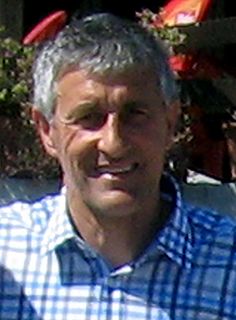A Quote by Ludwig Wittgenstein
Nothing is more important than the formation of fictional concepts, which teach us at last to understand our own.
Related Quotes
Our possibilities of happiness are already restricted by our constitution. Unhappiness is much less difficult to experience. We are threatened with suffering from three directions: from our own body, which is doomed to decay and dissolution and which cannot even do without pain and anxiety as warning signals; from the external world, which may rage against us with overwhelming and merciless forces of destruction; and finally from our relations to other men. The suffering which comes from this last source is perhaps more painful to us than any other.
Universities were not meant entirely, or even chiefly, as stepping-stones to an examination, but that there is something else which universities can teach and ought to teach-nay, which I feel quite sure they were originally meant to teach-something that may not have a marketable value before a Board of Examiners, but which has a permanent value for the whole of our life, and that is a real interest in our work, and, more than that, a love of our work, and, more than that, a true joy and happiness in our work.
The ordinary man is living a very abnormal life, because his values are upside down. Money is more important than meditation; logic is more important than love; mind is more important than heart; power over others is more important than power over one's own being. Mundane things are more important than finding some treasures which death cannot destroy.
I teach you joy, not sadness. I teach you playfulness, not seriousness. I teach you love and laughter, because to me there is nothing more sacred than love and laughter, and there is nothing more prayerful than playfulness. I don't teach you renunciation, as it has been taught down the ages. I teach you: Rejoice, rejoice, and rejoice again! Rejoicing should be the essential core of my sannyasins.





































